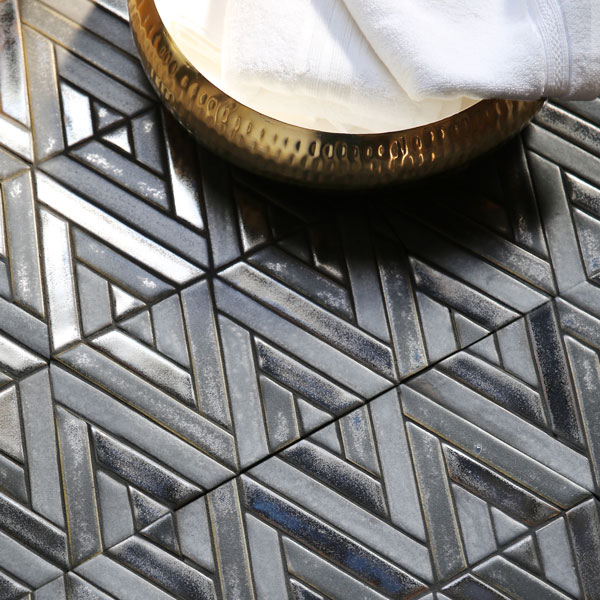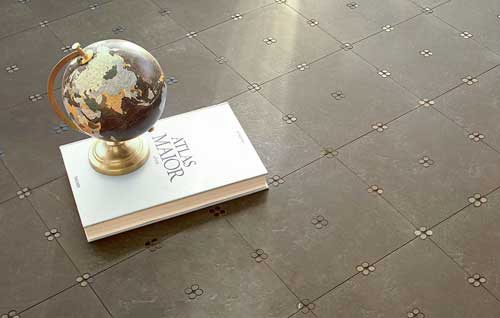Choosing between different types of commercial tile can be challenging, especially when those tiles are made of natural stone. Natural stone is an appealing, durable material and a great option for property owners who wish to invest in flooring that is both aesthetically pleasing and effective. But it’s not a cheap material. Though homeowners will spend more on home improvement projects than home maintenance projects, at a ratio of $5 spent on home improvement for every $1 spent on maintenance, commercial investors could spend even more. Though there is a return on that investment, the size of that return often depends on the types of materials you work with.
Therefore, it’s important to examine stone slabs carefully before making a decision about what types of stone will make up your commercial tiles. That’s why we’re delving into how to make that decision and what kinds of questions you should ask yourself before investing in real stone tiles.
How Much Should Stone Tile Cost?
If you haven’t invested in commercial tile made of stone before, you may not have a realistic expectation of the initial costs. Stone tile will not necessarily cost the same amount as ceramic or porcelain tile. Generally speaking, there is a variation in prices depending on the quality and type of stone. Luxury natural stone is graded based on its quality, so each piece of stone is going to have a different look and quality that is unique to itself.
There is also the option of reclaimed stone versus newly quarried stone. While most stone on the market will be “fresh,” some tiles are made of reclaimed stone. Reclaimed stone is more environmentally friendly and sourcing reclaimed stone is sometimes the only way of acquiring rarer types of stone. If you can’t find the stone you’re looking for in newly quarried stone, you should consider asking your tile distributors about reclaimed stone. But remember: be prepared to pay a bit more for it.
What Types of Stone Should I Consider?
Generally speaking, commercial tile can be made from a number of different types of stone. Natural granite slabs are often used for flooring purposes due to the durability and lasting power of the stone. Granite is also attractive, with different appearances that can include mineral flecks and veining. Granite can vary in terms of price, however, due to the wide range of appearance types.
Marble, long considered one of the most luxurious types of stone, actually begins its life as limestone. Crystallization creates the iconic veins of marble, which like granite come in a variety of patterns and shades. The pricing of marble will typically depend on the uniqueness of the specific marbling pattern you choose. If you’d like something more basic, limestone is also available as a flooring option, with a rustic look in shades that can vary from cream to a dark brown, as well as rare grays.
Travertine, a more porous and grainy stone, will rise in price when it features fewer pits, though it will always maintain a spongy appearance. This multipurpose stone is more affordable than any of the above options and typically looks very similar to limestone once it is installed. Slate is also a more affordable option, ranging in thickness levels and coming in textured finishes if requested.
What Are the Different Types of Stone Finishes?
Keep in mind that you shouldn’t just consider the type of stone but its finish as well. Different stones will offer specific finishes, including a smooth honed surface, a more distressed tumbled finish (accomplishing a rough look through a tumbling machine), and much more. As the name suggests, a brushed finish is created with a stippled brush. A hammered finish has a pocked effect, while a pillowed finish has a soft, rounded look. Polished stone will have a glossy look, and flamed stone is non-reflective and burnished through exposure to a flame. You should conduct thorough research into the type of finish that most appeals to you.
These aren’t the only considerations to make when choosing between different types of stone for tile. But you should explore these questions and fully understand what you’re getting when you commit to a type of stone.



